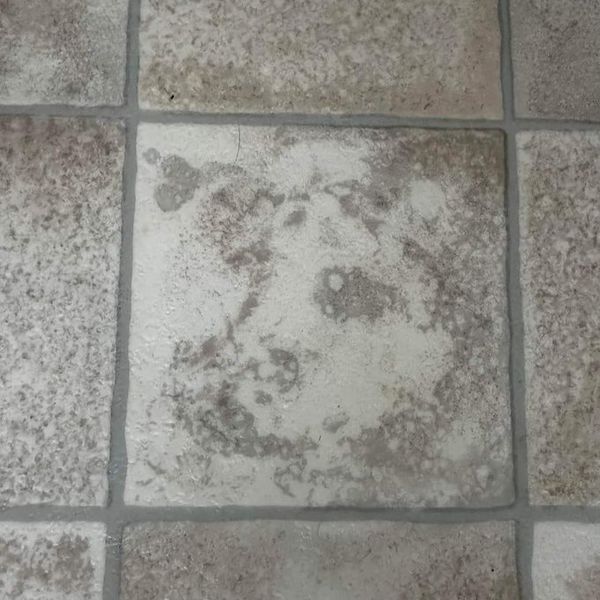Have you ever found yourself noticing faces in the most unexpected places? This intriguing occurrence is known as pareidolia. Our brains have a fascinating ability to perceive shapes, patterns, and even sounds as significant, often manifesting as faces. This explains why we might notice animals in fluffy clouds or discern faces in rugged rocks. Even a worn tile floor might suddenly reveal a faint face when you look closely.

Understanding Pareidolia
Pareidolia is a form of psychological and visual perception where our brains instinctively identify familiar patterns, especially faces, among random objects. This stems from a primal necessity to recognize friends, foes, and different individuals. Our minds are naturally programmed to detect faces, even when they don’t genuinely exist.
Discovering Faces in Tiles
Take a closer look at a simple tile, and you might see the rough texture forming a face with eyes, a nose, and a mouth. The “eyes” could appear as darker spots, the “nose” as a smudge, and the “mouth” as a gentle curve. It’s like the tile transforms into a secret character, silently waiting for someone to notice it. Such captivating examples of pareidolia turn ordinary objects into mysterious and artistic expressions, stirring a sense of wonder and perhaps a hint of eeriness.
Why Do We Perceive Faces?
Seeing faces in objects is more common than you might realize. It results from our brain’s evolutionary development, aiding in the rapid identification of faces to build social connections and ensure survival. Recognizing allies and potential threats was crucial for early humans, leading our brains to become exceptionally adept at perceiving even the faintest facial cues, sometimes even exaggerating them.
Experts propose that this ability to recognize faces enriches our emotional understanding, social interactions, and even artistic endeavors. It highlights the astonishing power of our minds to find significance, even when that significance exists solely in our perceptions.
Pareidolia as Art
Pareidolia isn’t merely a scientific curiosity; it carries an artistic allure. Throughout history, artists have derived inspiration from hidden images within the world around them. This art form encourages us to look beyond the obvious and find beauty where we least expect it.
The tile face captured in the image resembles a natural artwork – a masterpiece crafted by time, wear, and our imagination. It gently reminds us that art can be discovered anywhere if we take a moment to truly observe.
Final Thoughts
So, next time you find yourself on a tiled floor, gazing at the cloud-filled sky, or examining a textured wall, take a moment to scrutinize. You might be surprised to find a friendly face gazing back at you. Pareidolia reminds us of our brain’s interpretation of the world and the wonders hidden in the mundane. These perceptive moments serve as small reminders of the enchantment veiled in everyday life. So, keep your eyes open and relish the delight of uncovering concealed faces in unexpected places.